Yemen's solidarity with Palestine makes it a key player in Axis of Resistance
By Xavier Villar
Yemen has emerged as a key player in the Axis of Resistance after a string of daring attacks on Israel-linked vessels in the Red Sea in solidarity with the oppressed people in the besieged Gaza Strip.
The Arab country has made it clear that these actions will continue until the Israeli regime ends its aggression and blockade of the coastal territory where the worst humanitarian crisis is unfolding.
A senior member of the Ansarallah resistance movement in a recent interview said Yemen "will not abandon the Palestinian cause, regardless of threats coming from the United States, Israel, or other Western countries,” dismissing threats directed at the Yemeni military.
Yemen’s defense minister Maj. Gen. Mohammad al-Atifi went a step further and warned to turn the Red Sea into a “graveyard” of the US-led alliance if it takes any action against Yemen’s territorial integrity.
His statement came after the US announced the formation of a ten-member alliance in the Red Sea, which has already proved a big failure amid delay in the implementation of the plan.
Yemen's support for Palestine since the onset of the latest Israeli genocidal aggression on Gaza has been steadfast. In addition to the aforementioned actions of targeting Israel-linked ships, the Yemeni military has also carried out a series of missile launches directed toward the Zionist entity.
From a strategic standpoint, these actions are having a considerable impact. Since December 15, following a drone and ballistic missile attack on two merchant ships, four of the world's largest shipping companies, accounting for over 50 percent of global container shipping capacity, have suspended their voyages through Bab al-Mandeb, the narrow passage at the southern end of the Red Sea.
From a discursive perspective, Yemen’s support aligns with a longstanding tradition, demonstrated in the Ansarullah resistance movement’s central slogan including the slogan "Death to Israel."
This statement operates similarly to the well-known expression in Farsi "Marg bar Amrika," translated as "Death to America." Both phrases serve as political signifiers within an anti-Western discourse and aim to transform the foundations of political power in the region.
These expressions are essentially political manifestations that denounce a racist and colonial ideology represented by the signifiers of the Israeli regime and the United States.
Support for Palestine has been consistent in Yemen since the 1960s. However, starting in 2014, with the joint operation between the United Arab Emirates and Saudi Arabia against the Ansarallah movement, a significant shift occurred that revealed the dynamics of Palestinian support in Yemen's political landscape.
On one hand, factions backed by Gulf monarchies maintained close ties with the Palestinian Authority led by Mahmoud Abbas, while the Ansarullah resistance movement chose to openly and unapologetically support Palestinian resistance groups, particularly Hamas and Islamic Jihad.
Politically, this division reflects the two existing stances in the region regarding the Palestinian issue.
On one side, countries like Saudi Arabia and the United Arab Emirates maintain a close position with both the United States and the Zionist entity. In August 2020, the UAE ratified the so-called "Abraham Accords," signifying the "normalization" of relations with the regime.
While Saudi Arabia has not yet "normalized" its relations with Israel, its pro-Western inclination and anti-Resistance Axis stance can be interpreted as a betrayal of the Palestinian cause and its anti-colonial aspirations.
On the other hand, the Ansarullah resistance movement interprets the region from a decolonization perspective, stressing that the presence of the Western paradigm is a source of instability and oppression.
In the Yemeni case, as in the Palestinian case, this oppression manifests as genocide with Western support. In more political terms, it could be stated that in Yemen, as in the rest of the Muslim world, there is an epistemic oppression generated by the Western discourse.
Furthermore, there is ontic material oppression in the form of destruction, death, and living conditions worse than death. Clearly, both forms of oppression are interconnected, with epistemic oppression facilitating material oppression.
This approach allows us to understand that current US attempts to force Yemen to lift its maritime blockade on Israel completely disregard its political and even emotional motivations: they are responding to blockade with blockade.
Yemen has conditioned the lifting of its blockade on the cessation of the brutal siege on Gaza, a situation of ongoing brutality that the Yemeni people are all too familiar with.
To insinuate, as several analysts do, that Yemen's response is due to its alleged role as an "Iranian proxy" fails to comprehend the centrality of Palestine in a discourse that perceives the region as a struggle between justice (aql in Islamic grammar) and the creation of an illegitimate system (batil).
Furthermore, reducing Yemen’s role to being an "Iranian proxy" disregards the discursive affinities between the Arab country and the other groups and states within the Resistance Axis.
The sole utility of this type of analysis is to impose a Western perspective on the region and impose a division between friends and enemies that in no way benefits the Muslim world and its autonomy.
In other words, reducing Yemen or Ansarullah to an "Iranian proxy" only aids the flawed Western discourse, which is responsible for the Zionist colonial occupation in Palestine.
As both Iranian and Yemeni officials have repeatedly asserted, recent developments in the Red Sea are planned and executed by the Yemeni military itself, and it is fully capable of doing that.
Yemen's solidarity with Palestine, in particular, as well as the Ummatic solidarity that underpins the Resistance Axis, can be explained by citing scholar Sara Ahmed, who argues that "solidarity involves commitment and labor, as well as recognition that, even though we do not have the same feelings, live the same lives, or have the same bodies, we do share common ground."
This common ground refers to the political sphere that operates as a discourse defining the boundaries between what is just and unjust, between human and dehumanizing practices.
Xavier Villar is a Ph.D. in Islamic Studies and researcher based in Spain.
(The views expressed in this article do not necessarily reflect those of Press TV)
VIDEO | Third round of Iran-US nuclear talks concludes in Geneva
Geneva talks: Iran signals firm resolve, rejects US pressure, proceeds with cautious optimism
Iran urges Afghanistan, Pakistan to hold dialogue amid new escalation
US will suffer ‘massive losses’ in case of new war: Iraq's Kata’ib Hezbollah
Normalization increases cost of defeating Israel, Yemeni leader warns
Activists announce 'Freedom and Sumud Flotilla' to challenge Gaza blockade
VIDEO | Rome residents demand end to ties with Israeli firms
VIDEO | Pakistan Senate condemns ‘hexagon of alliances’ as Indian PM visits Israel


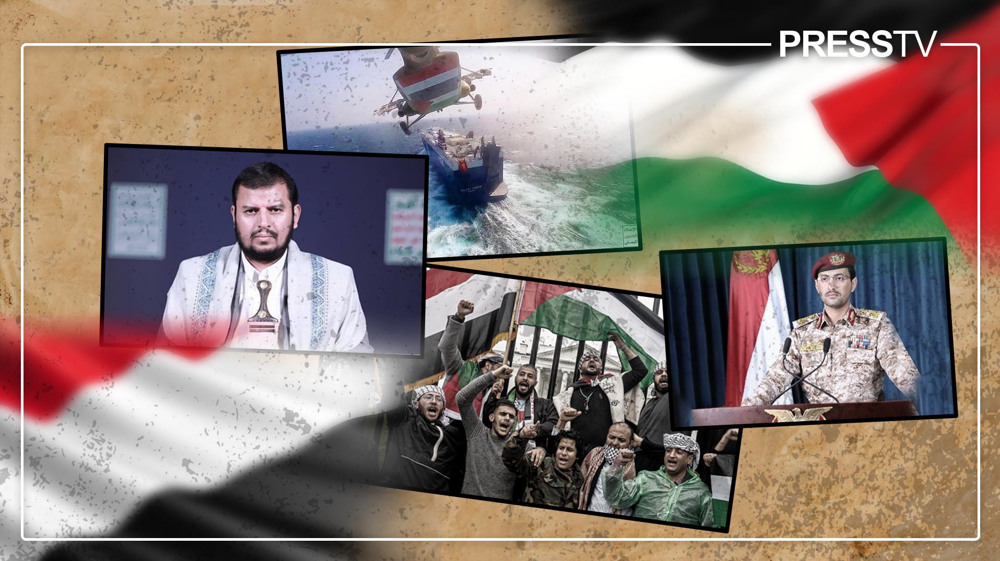
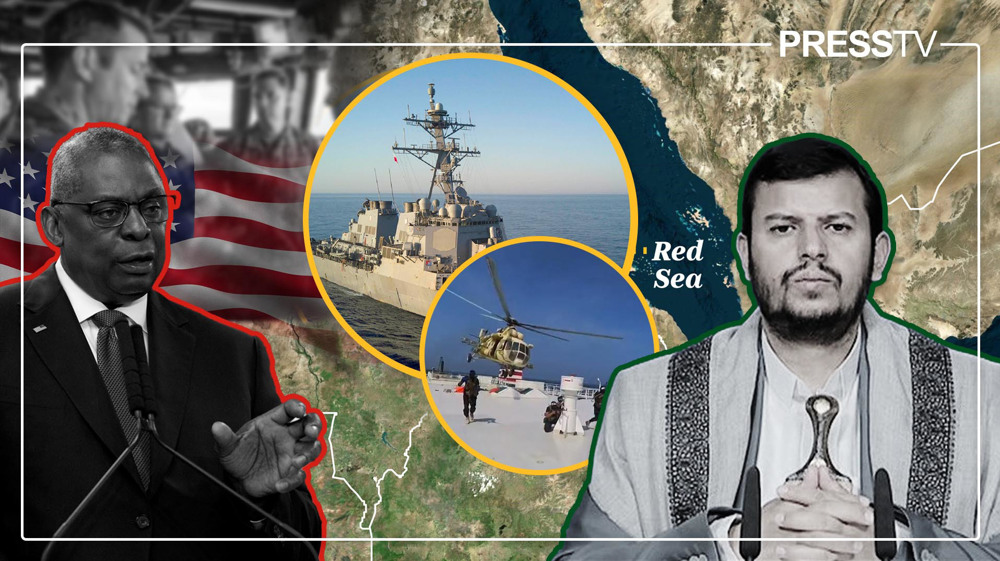
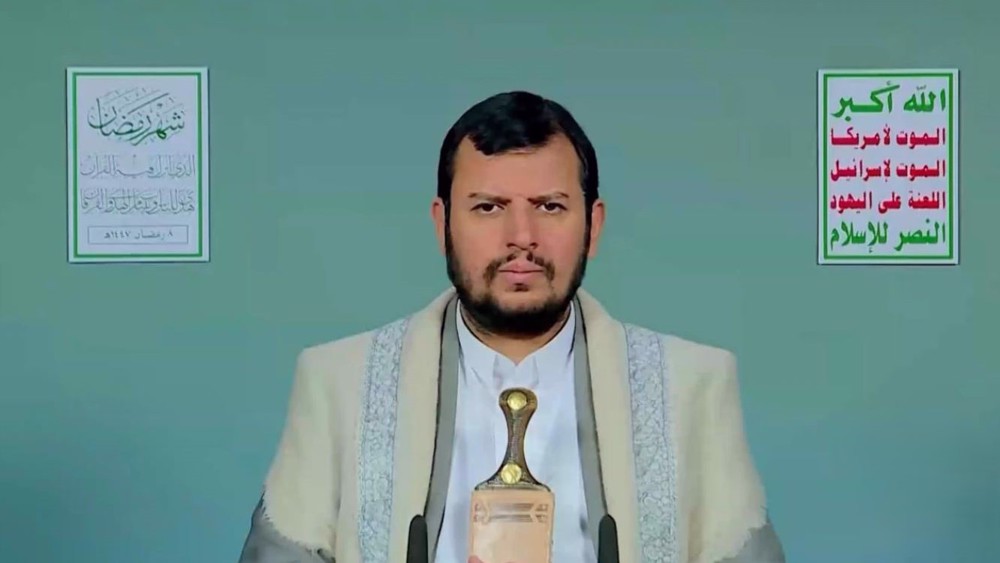
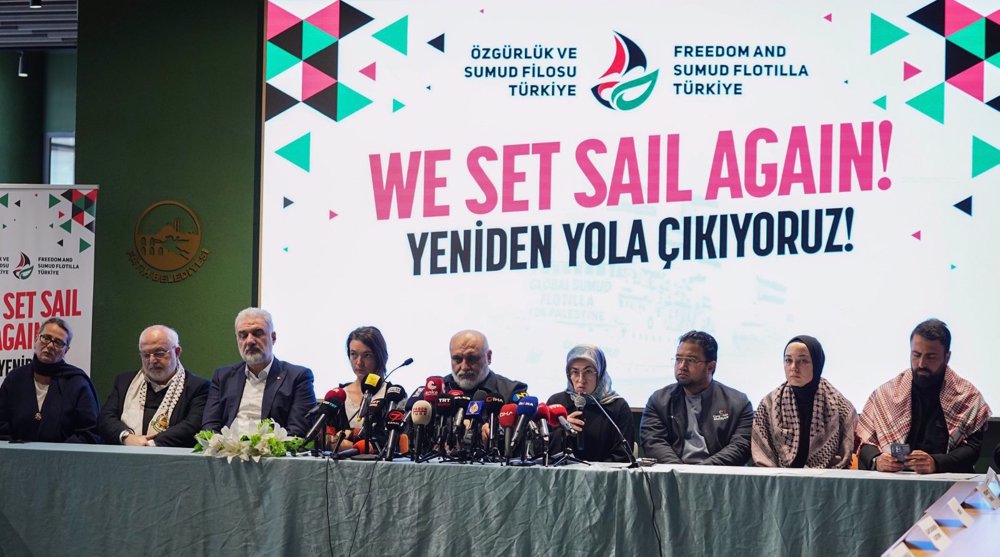





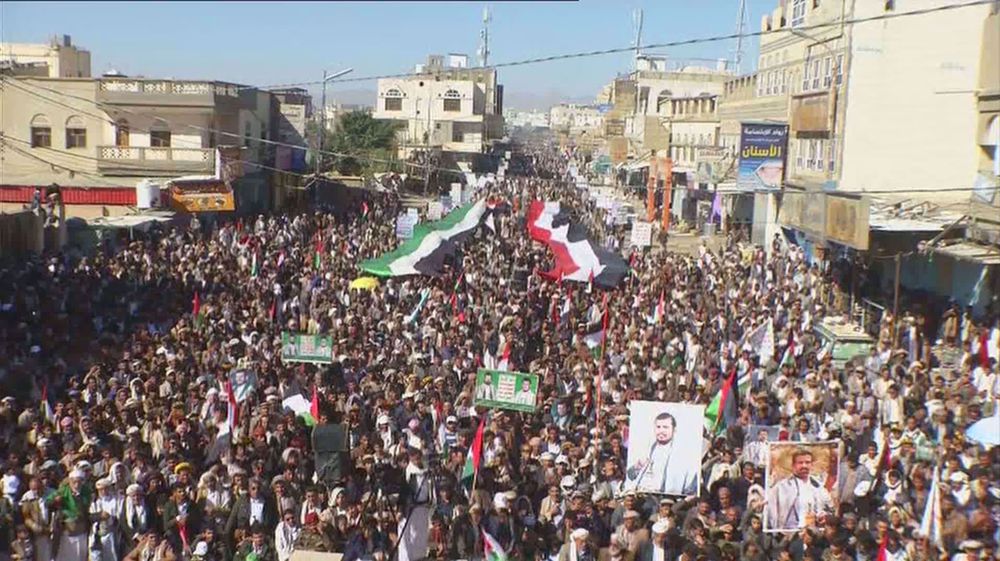

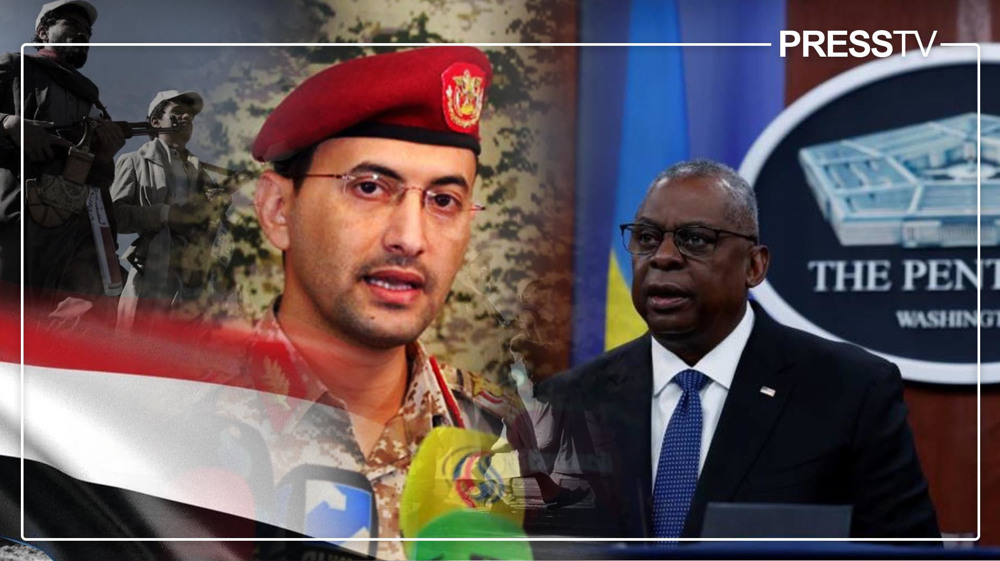
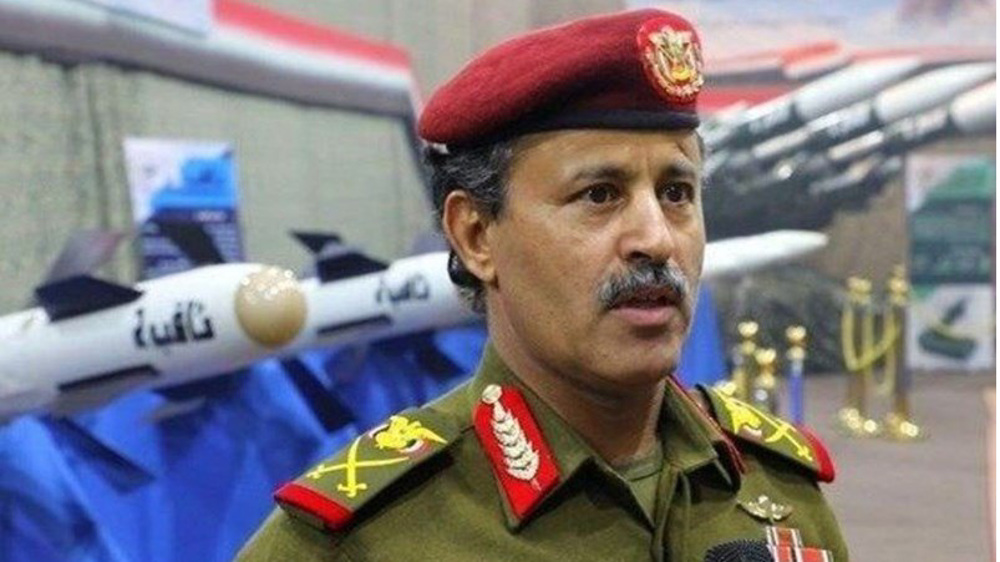

 This makes it easy to access the Press TV website
This makes it easy to access the Press TV website